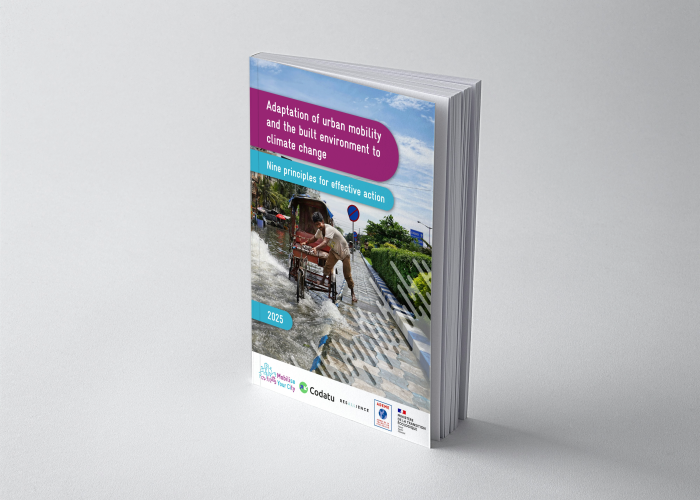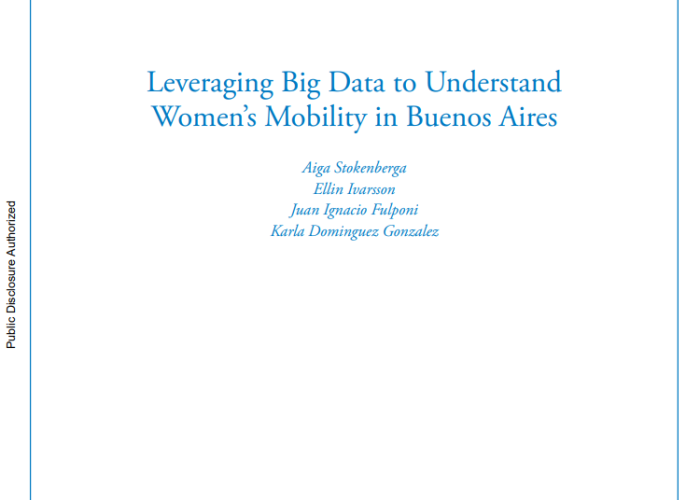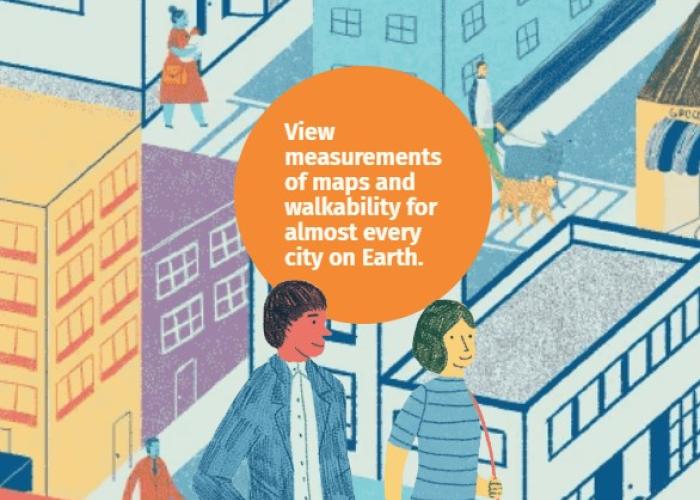Adaptation of urban mobility and the built environment to climate change - Nine principles for effective adaptation

While progress in adaptation planning and implementation has been made, significant gaps remain between current adaptation efforts and the levels…
- SUMP
- NUMP
- Climate Adaptation


